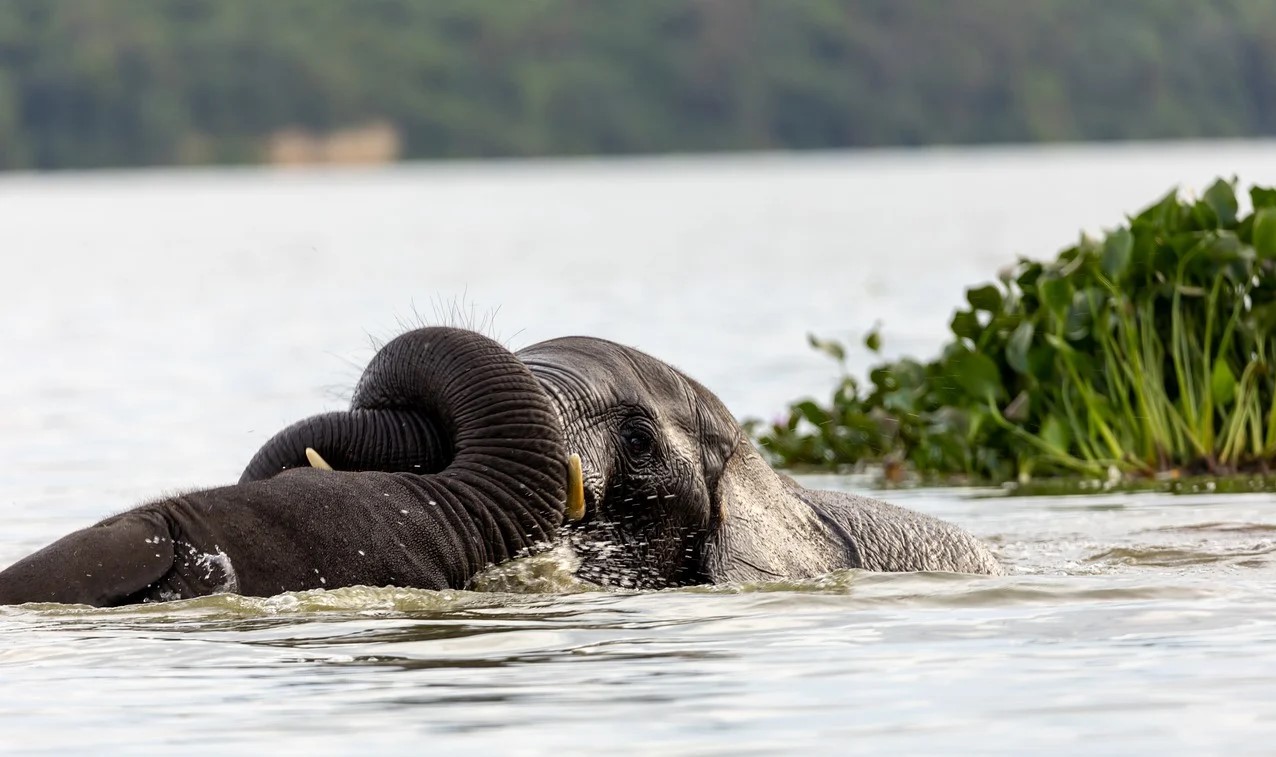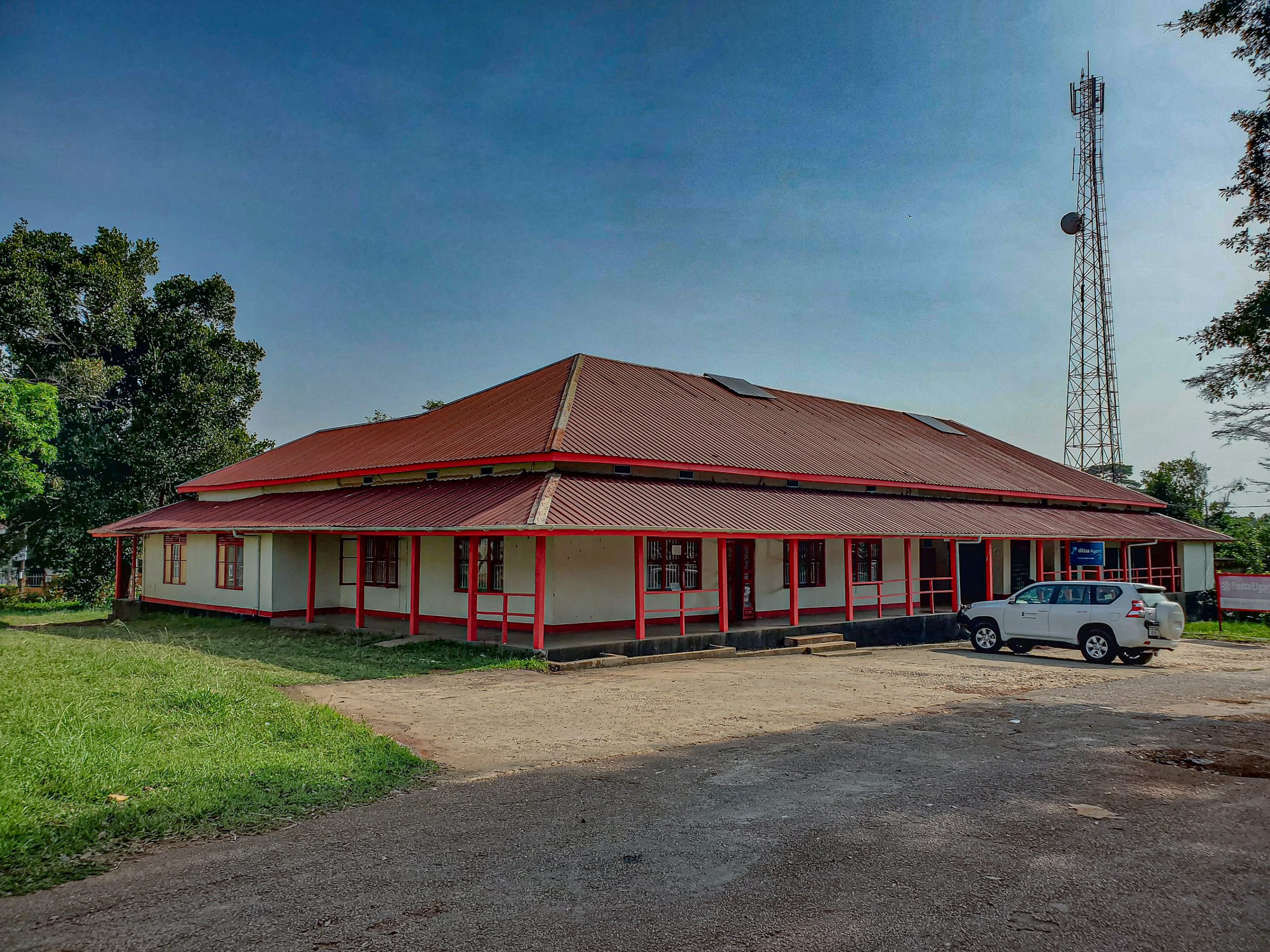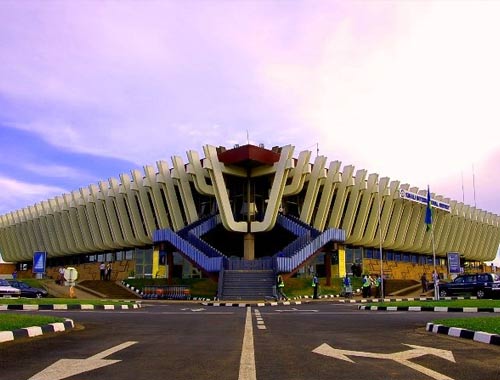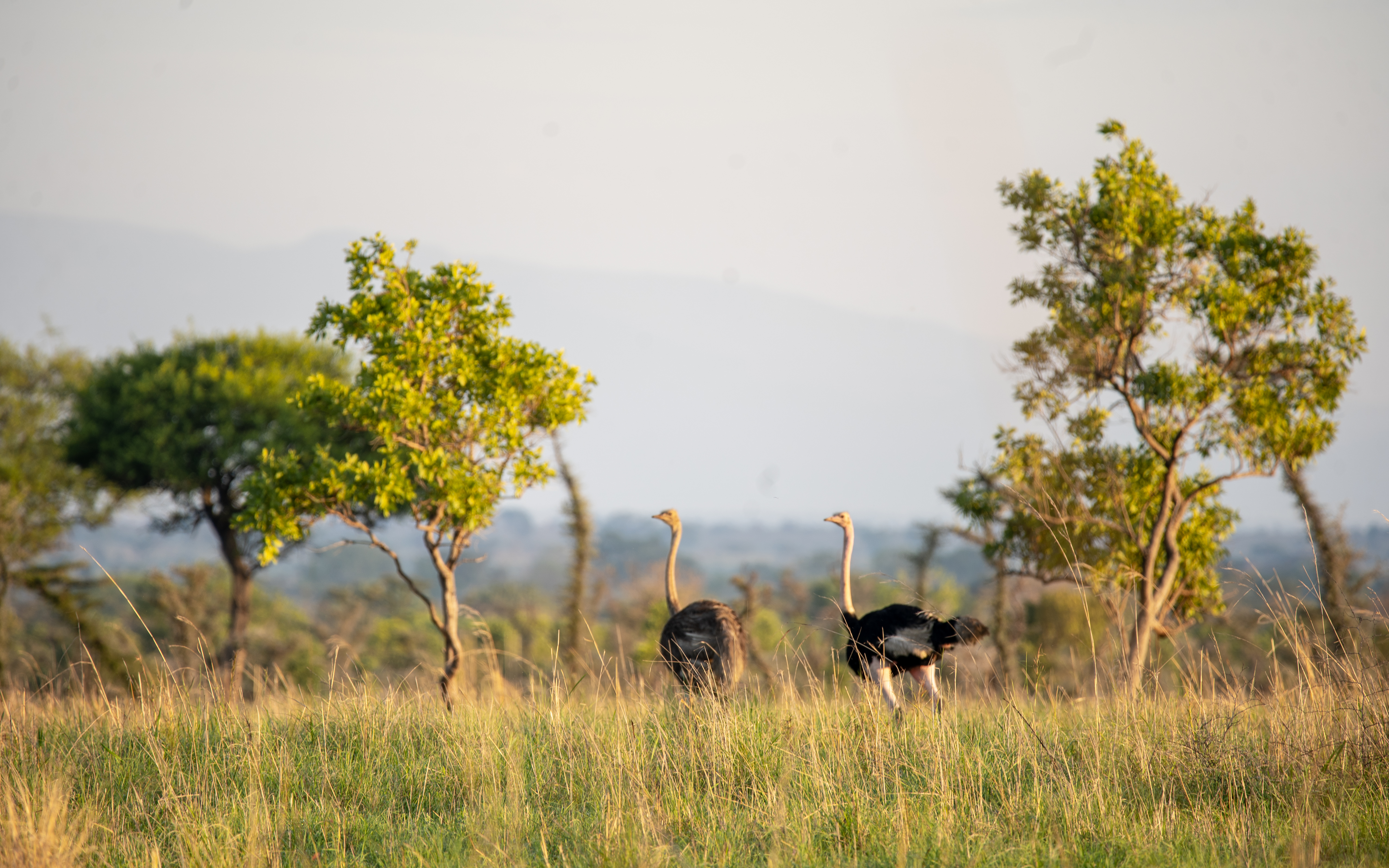
Where Gorillas Roam and Lions Climb Trees.
Gorilla Trekking and Wildlife Safaris in Uganda offer extraordinary wildlife adventures. This is done through exceptional gorilla trekking and safari experiences, which primarily encompass the northwestern and southwestern regions of the country. These safari experiences provide travelers with unparalleled opportunities to engage with mountain gorillas and explore a diverse array of wildlife in their pristine, natural environments. The country’s unique landscape and conservation efforts have made it a premier destination for wildlife enthusiasts seeking immersive and transformative encounters with some of Africa’s most remarkable animal species.
Places to Go Gorilla Trekking In Uganda.

Bwindi Impenetrable National Park stands as the crown jewel of gorilla trekking destinations in Uganda, located approximately 540 kilometers from Kampala, the nation’s capital. This extraordinary park is home to an impressive population of 459 mountain gorillas, which represents nearly half of the world’s remaining endangered mountain gorilla population.
The park’s lush, dense rainforests are strategically divided into four distinct sectors, each hosting 24 habituated gorilla families available for trekking. However, Mgahinga National Park also offers a great option for the activity especially for last minute gorilla trekking reservations.
Gorilla trekking is a meticulously organized and deeply engaging activity that involves guided walks through thick, challenging forest terrain.
The experience begins with a comprehensive briefing at the park headquarters, where trained park officials carefully organize visitors into groups of eight individuals. Each group is then assigned a specific gorilla family to track, ensuring a controlled and respectful interaction with these magnificent primates. Expert rangers lead these expeditions, providing insights into gorilla behavior, habitat, and conservation efforts.
The trekking experience itself is both physically demanding and incredibly rewarding. Depending on the gorillas’ location and movement, treks can last anywhere from 30 minutes to an impressive five hours, requiring participants to navigate challenging forest landscapes. Upon locating the designated gorilla family, trekkers have a remarkable opportunity to observe and interact with these incredible creatures for up to an hour. During this time, visitors can quietly observe the gorillas’ daily activities, social interactions, and behaviors, capturing non-flash photographs to preserve their memories.
Where to Go for Wildlife – Gorilla Trekking and Wildlife Safaris in Uganda.

Queen Elizabeth National Park emerges as an exceptional destination for wildlife enthusiasts, offering a complementary experience to gorilla trekking.
Established in 1952, this historic park is not only one of Uganda’s oldest national parks but also its most frequently visited. Its strategic location near Bwindi Impenetrable National Park makes it an ideal complement to a gorilla trekking adventure.
The park boasts an extraordinary biodiversity, hosting over 95 mammal species and approximately 600 bird species. Its diverse ecosystem supports an impressive range of wildlife, including the famous Ishasha tree-climbing lions, majestic savannah elephants, robust cape buffaloes, formidable crocodiles, and massive hippos. This rich wildlife population offers visitors multiple opportunities for incredible wildlife viewing and photography.
Additionally, beyond traditional game drives, Queen Elizabeth National Park provides a variety of engaging activities. Visitors can enjoy chimpanzee trekking in the fascinating Kyambura Gorge, embark on scenic boat cruises along the Kazinga Channel connecting Lake Edward and Lake George, participate in expert-guided birding expeditions, engage in cultural encounters with the indigenous Batwa people, and explore the landscape through hiking and guided nature walks.
Best Time for Safari.

National Park, Uganda.
Uganda welcomes tourists throughout the year, but most visitors consider the dry seasons from June to September and December to February the most optimal periods for safari experiences.
During these months, the grass grows shorter, trails become more accessible, and wildlife viewing conditions improve significantly. Additionally, the southwestern and western regions, typically characterized by wet conditions, become more navigable and comfortable for exploration.
The dry seasons offer several advantages: clearer paths through national parks, increased visibility of wildlife, and more predictable weather conditions. Shorter grass makes animal spotting easier, while dry trails reduce the physical challenges of trekking and driving through the parks.
Interestingly, the wet season also presents unique opportunities for travelers. During these months, typically considered off-peak, prices for activities and accommodations are substantially lower. What’s more, this makes it an attractive option for budget-conscious travelers who are willing to embrace slightly more challenging conditions in exchange for more affordable travel experiences and potentially more intimate wildlife interactions.

Surely, a safari in Uganda promises an unparalleled journey through diverse and breathtaking landscapes, offering travelers incredible encounters with mountain gorillas, an extensive array of wildlife, and the raw, untamed beauty of East African wilderness.
Whether you track gorillas through misty rainforests or observe lions and elephants in expansive savannahs, the experience will give you memories that last a lifetime. Get In Touch to book your trip or contact us at +256 393 247 137 or +256 742 678 918, or send an email to info@ibuthsafaris.com.



